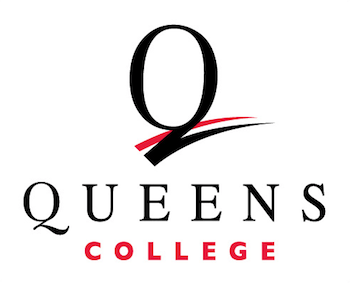In Despina Markakis’ presentation she finds a connection between music and animal cruelty. Despina found that many animal welfare organizations use music to connect with people and their cause. Examples of these groups are Music Against Animal Cruelty, and the American Society for the Prevention of Cruelty to Animals or (ASPCA). These groups use lyrics, background music, and musicians to perform for their charity. The first song she uses as an example is “Behind the Mask” by Goldfinger which speaks out on animal liberation and radicalism in the animal liberation movement. The second song she uses is “Exotic Animals Suite: I. Exotic Birds” by Mark Dal Porto which uses woodwinds to recreate bird noises.
If I wrote about this topic the music I would choose would be “In the Arms of an Angel” by Sarah McLachlan, and “Get Off My Back” by Bryan Adams. The first song is connected to the infamous ASPCA commercial about neglected animals needed for adoption. The commercial uses the sad lyrics of wanting to be cared and loved for to convince people who watch the commercial to help these animals. The most musically interesting moment would have to be the very beginning because as soon as you hear it you might tear up a bit. The second song is less well known and is used in the movie “Spirit: Stallion of the Cimarron.” The song is used in the part of the movie where Spirit, the horse, is trying to be tamed by the ranchers who captured him. the entire time spirit is bucking them off not wanting to be tamed by them. The song is supposed to show the unwillingness of the horse and the cruelty he is put under. The chorus is full of energy and emotion that can only be described as anger and frustration.



